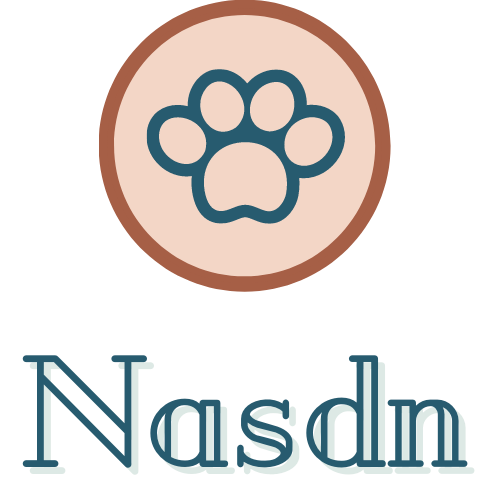Standing out in today's crowded business landscape requires more than just quality products—it demands a strategic approach to differentiation through sustainable practices. Businesses that embrace eco-conscious initiatives gain a competitive edge while contributing to environmental preservation and meeting growing consumer demand for responsible commerce.
Developing an eco-conscious value proposition
Crafting a compelling eco-conscious value proposition starts with a deep understanding of what sustainability means within your industry. This involves analyzing current market offerings, identifying gaps in green practices, and creating measurable initiatives that align with both business goals and customer values. Strategic implementation of sustainability can transform your brand perception while creating authentic connections with increasingly environmentally aware consumers.
Identifying sustainability gaps in your market segment
Begin with thorough competitive analysis to pinpoint where your industry falls short in sustainable practices. Look beyond obvious environmental claims to discover genuine opportunities for innovation. Companies like Consebro have successfully mapped competitors' sustainability efforts to identify untapped areas where they could lead with authentic green initiatives. This research-based approach allows businesses to develop specialized niche strategies that address real environmental concerns rather than simply following trends. Focus on uncovering specific sustainability elements that resonate with your target audience while differentiating your brand from others in the marketplace.
Creating measurable green initiatives that resonate with customers
Effective green initiatives must be both measurable and meaningful to your customer base. Start by establishing clear sustainability metrics that track progress and demonstrate commitment. Consider implementing a buy-back program that promotes circular economy principles while building customer loyalty. Make sustainability tangible through value-based pricing that transparently communicates the environmental benefits customers receive. The most successful companies integrate these initiatives into their brand story, creating emotional connections that go beyond transactions. When developing these programs, look at what Consebro and similar organizations have accomplished through strategic partnerships that amplify their sustainability impact while expanding market reach.
Targeting niche markets through sustainable practices
Standing out in a saturated market requires strategic differentiation, and embracing sustainable business practices offers a powerful way to distinguish your services. Research shows that sustainability has become a significant decision factor for consumers, with a 2022 Deloitte study revealing 63% of participants consider sustainability important in their buying decisions. By identifying your unique value proposition and targeting specific eco-conscious market segments, businesses can create meaningful connections while promoting environmental responsibility.
Market differentiation is essential for survival and growth in competitive industries. Companies that successfully carve out their niche through sustainable practices can establish strong brand identities that resonate with values-driven consumers. This approach not only addresses growing environmental concerns but also positions businesses to capitalize on emerging sustainability-focused market opportunities.
Researching eco-conscious consumer demographics
Understanding the specific characteristics and needs of environmentally conscious consumers is crucial for effective market targeting. Begin by conducting detailed competitive analysis to identify gaps in sustainable offerings within your industry. This research should examine demographic factors, purchasing behaviors, and value priorities of potential eco-conscious customers.
Market monitoring plays a vital role in identifying sustainability trends and consumer preferences. Track industry developments related to environmental practices and gather data on how different demographic groups respond to sustainable initiatives. Use technology such as CRM systems to collect and analyze customer data, enabling more personalized approaches to different eco-conscious segments.
Focus on building emotional connections with sustainability-minded consumers by defining an authentic brand personality that aligns with environmental values. Establishing thought leadership through content marketing can further strengthen your position in the eco-conscious marketplace. Create educational content that demonstrates your expertise in sustainable practices specific to your industry.
Tailoring sustainable offerings to specific market needs
Once you've identified your target eco-conscious demographics, customize your services to address their specific sustainability concerns. Niche specialization allows you to serve underserved market segments with precision, adapting your offerings to meet particular environmental priorities. This might involve developing specialized sustainable solutions for specific industries or consumer groups.
Invest in continuous innovation to stay ahead of sustainability trends. Explore emerging technologies and adopt agile practices that allow quick adaptation to changing market demands. For businesses looking to enhance their sustainability credentials, 2025 will bring new tax deductions specifically for sustainable companies, creating additional financial incentives for environmental initiatives.
Strategic partnerships with complementary brands can strengthen your sustainable market position. Consider developing bundled offers with other eco-conscious businesses or co-innovating to create more comprehensive sustainable solutions. This collaborative approach can expand your reach while reinforcing your commitment to environmental responsibility.
Cultivate a company culture that embodies your sustainable values and influences your customer-facing brand identity. Employees who genuinely believe in your environmental mission become powerful advocates who can deliver authentic customer experiences. By aligning your operational efficiency with sustainability goals, you create a coherent business model that delivers both market differentiation and positive environmental impact.

